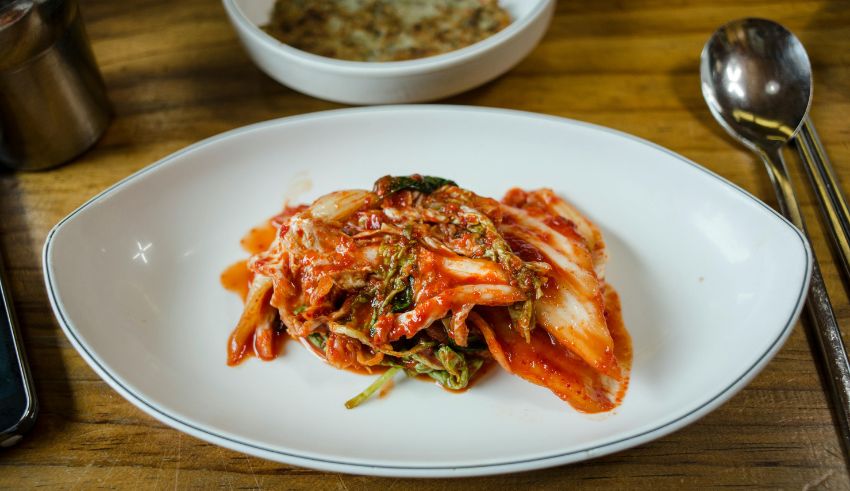
Kimchi, a well-known and beloved dish from South Korea, is under exceptional trouble since climate change threatens the very ingredient that gives it distinct taste: napa cabbage. Rising global temperatures already affect the quality and yield of this essential vegetable, which raises issues for the future of kimchi as we know it.
How Rising Temperatures Impact Napa Cabbage
Important ingredient in traditional kimchi, napa cabbage grows best in colder climates. Traditionally, this cabbage has been grown in mountainous areas of South Korea where summer temperatures hardly rise over 25°C (77°F). But the growth environment is disturbing these circumstances since temperatures during the growing season now routinely reach this level.
Main center of cabbage farming, Gangneung’s Anbandeogi village is suffering from increasing heat. Previously producing plenty of harvests, farms now yield smaller, less robust cabbage more susceptible to disease. Crucially important for making good kimchi, cabbage quality is declining.
Plant Pathologist and Virologist Lee Young-gyu has been closely observing these changes. “Cabbage likes to grow in a cool climate and adapts to a very limited band of temperatures,” says Lee. “The perfect temps run between 18 and 21°C. The cabbage suffers as the temperatures rise outside this range since it reduces yields and results in worse quality.
Kimchi Makers and Farmers Feeling the Heat
Not only are field effects of climate change felt here. In both personal and commercial kitchens of kimchi makers, the variations in the cabbage are becoming progressively evident. Lee Ha-yeon talks of the challenges they are facing after being named a Kimchi Master by the Agriculture Ministry for her efforts to preserve this vital ingredient of Korean cooking culture.
“The heart of the cabbage goes bad and the root becomes mushy as the temperatures rise,” Lee notes. ” Should this continue, depending on cabbage, we could have to cease making summertime kimchi. This would be a great loss in our cooking customs.
Bleish Future for Growing Cabbage
The numbers create a startling picture. Data from the government statistics agency reveals that the area under highland cabbage farming in South Korea has dropped dramatically. Twenty years ago, there were 8,796 hectares of cabbage under growth on the heights. Less than half of what it had been, that number had decreased to just 3,995 hectares by last year.
Looking ahead, things get really alarming. The Rural Development Administration, a state-run farming think tank, projects that, given current climate trends, the area appropriate for growing napa cabbage will drastically shrink over the next 25 years. Their forecasts for no cabbage grown on highlands by 2090 hint to disaster for kimchi output.
More All Around Effects of Climate Change
The likely loss of napa cabbage transcends only compromising kimchi. It questions more generally South Korea’s food security and agriculture sector. Especially for farmers who rely mostly on cabbage as a main crop, the declining agricultural output and shrinking landmass could have significant negative consequences for the economy.
Moreover, kimchi symbolizes Korean identity and culture instead than merely cuisine. Many Koreans worry about losing this iconic food or seeing it altered beyond recognition. It underlines how urgently action is required not only globally but also inside South Korea to address climate change.
Innovation and adaptation: The Future
These challenges are raising consciousness of the need of flexibility and creativity in agricultural techniques. Scientists and farmers are looking at novel methods to protect cabbage crops against effects of climate change. Among options are developing heat-resistant cabbage varieties, adjusting planting dates, and using technology to better control soil and water conditions.
Still, these programs demand time, money, and coordinated government and business sector effort. The success of these initiatives will decide the path of kimchi as well as the farming villages producing it.
The story of napa cabbage really reminded me of the broad consequences of global warming as South Korea battles the realities of a rising temperature. A foundation of Korean society, kimchi’s preservation may depend on the speed and degree of country adaptation to these new environmental challenges.























